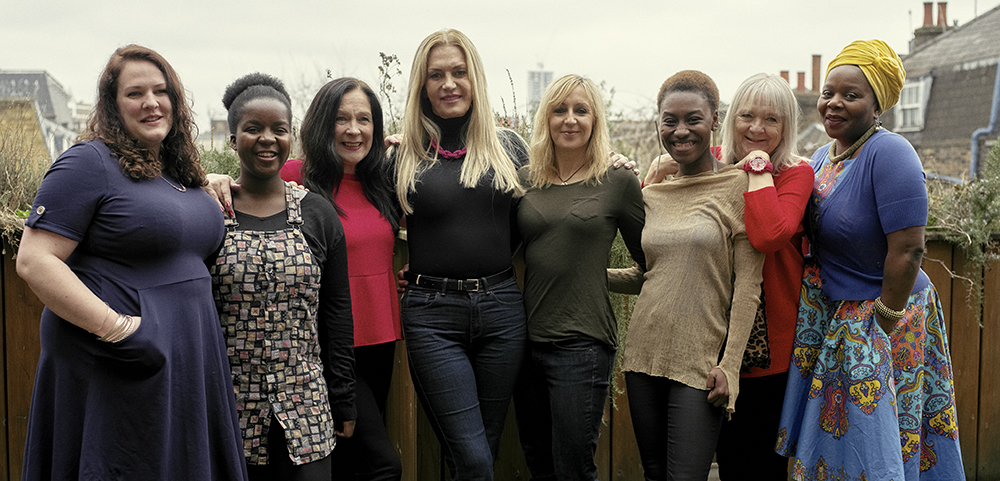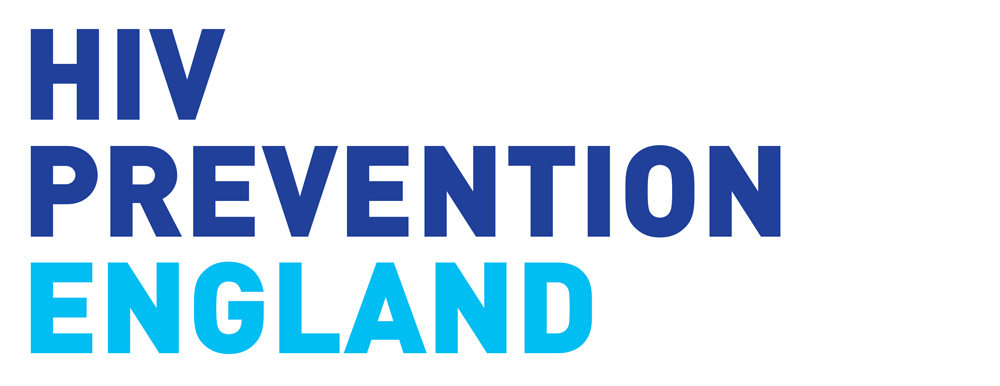
Terrence Higgins Trust and Sophia forum recently launched ‘Women and HIV: Invisible No Longer’, a report to bring attention to the needs of women living with or affected by HIV. It was co-produced with women living with and affected by HIV.
The report was developed using existing evidence and new data generated with over 340 women through surveys and workshops.
It focuses on all women, including trans women, regardless of sexuality, ethnicity, whether they do or do not have children, or are pregnant or not.
Key Findings
Some of the key findings include the following:
- Almost half (45%) of women living with HIV in the UK live below the poverty line.
- Over half of women living with HIV in the UK have experienced violence because of their HIV status.
- Nearly one third (31%) have avoided or delayed attending healthcare in the past year due to fear of discrimination.
- Two thirds of women living with HIV (67%) are not satisfied with their sex lives.
- Two in five women living with HIV (42%) said that HIV impacted their decisions on whether to have children.
- Despite this, half of women living with HIV (49%) described their quality of life as ‘good’ or ‘very good’, while a further 38% called it ‘acceptable’.
- On HIV prevention, little effort has been made to define who the women at risk of HIV are.
- Nearly half the respondents (42%) felt that barriers prevent them from testing for HIV.
Read the full report (PDF) or the executive summary (PDF).
Five key asks
The report details a number of recommendations but the writers of the report have five key asks that summarise the changes needed to ensure that women’s needs are met appropriately in HIV prevention, care, support, research and data in the UK.
- Achieve gender parity in the UK HIV response, ensuring equitable investment, priority and attention to women in HIV prevention, research, data and services.
- Ensure that HIV research addresses specific knowledge gaps around HIV and women and supports the full participation and meaningful involvement of women.
- Prioritise reducing late diagnosis of HIV among women, better explore the use of innovative HIV testing approaches, and improve rates of HIV test offers and uptake in different settings.
- Improve data collection and disaggregation on HIV and women, ensure local level data is available, and include sexuality data for women in national reporting.
- Invest in HIV support services that meet women’s needs holistically and enable women to not just live well but to thrive, including peer support and support for mental health and gender-based violence.
